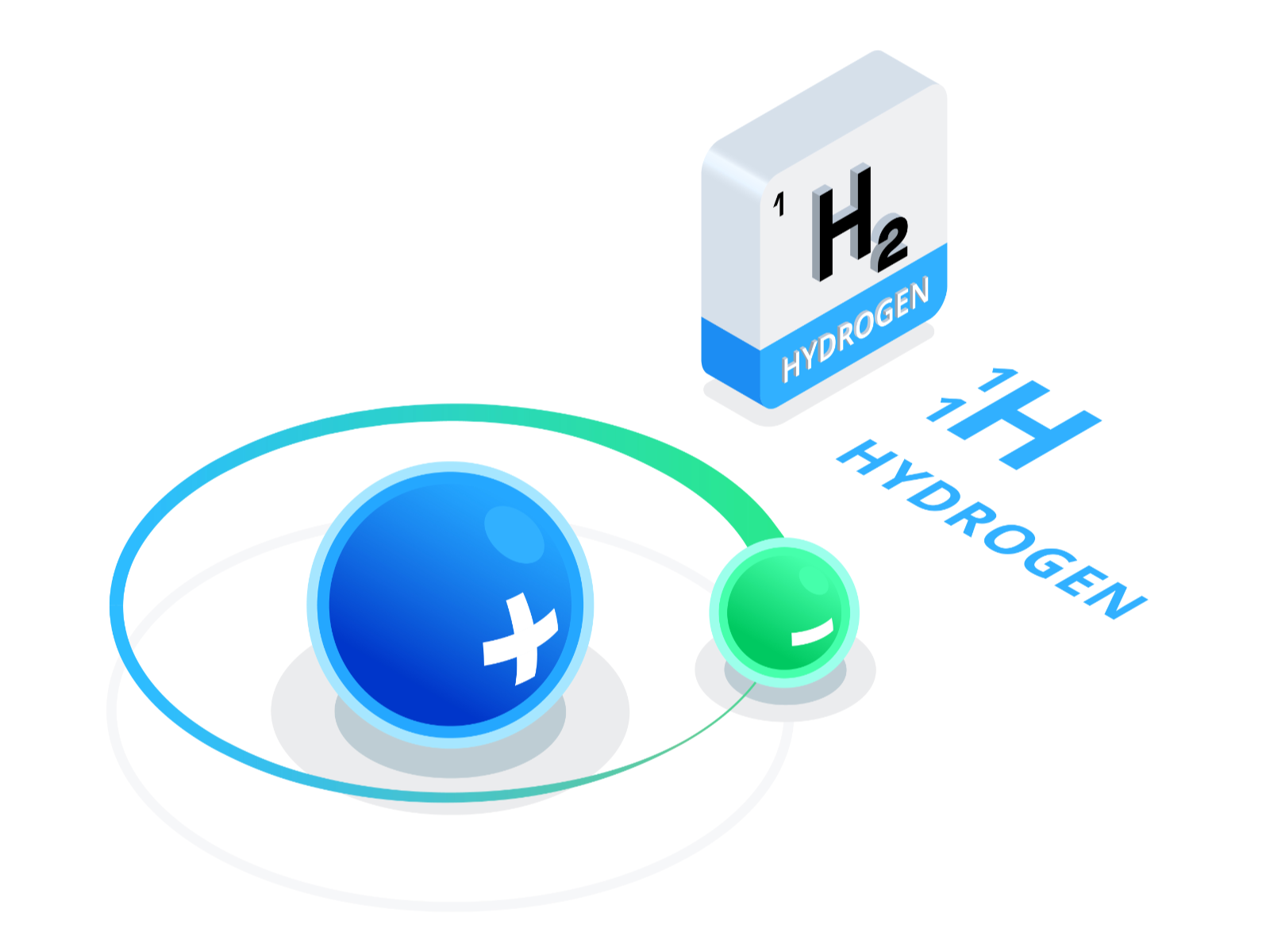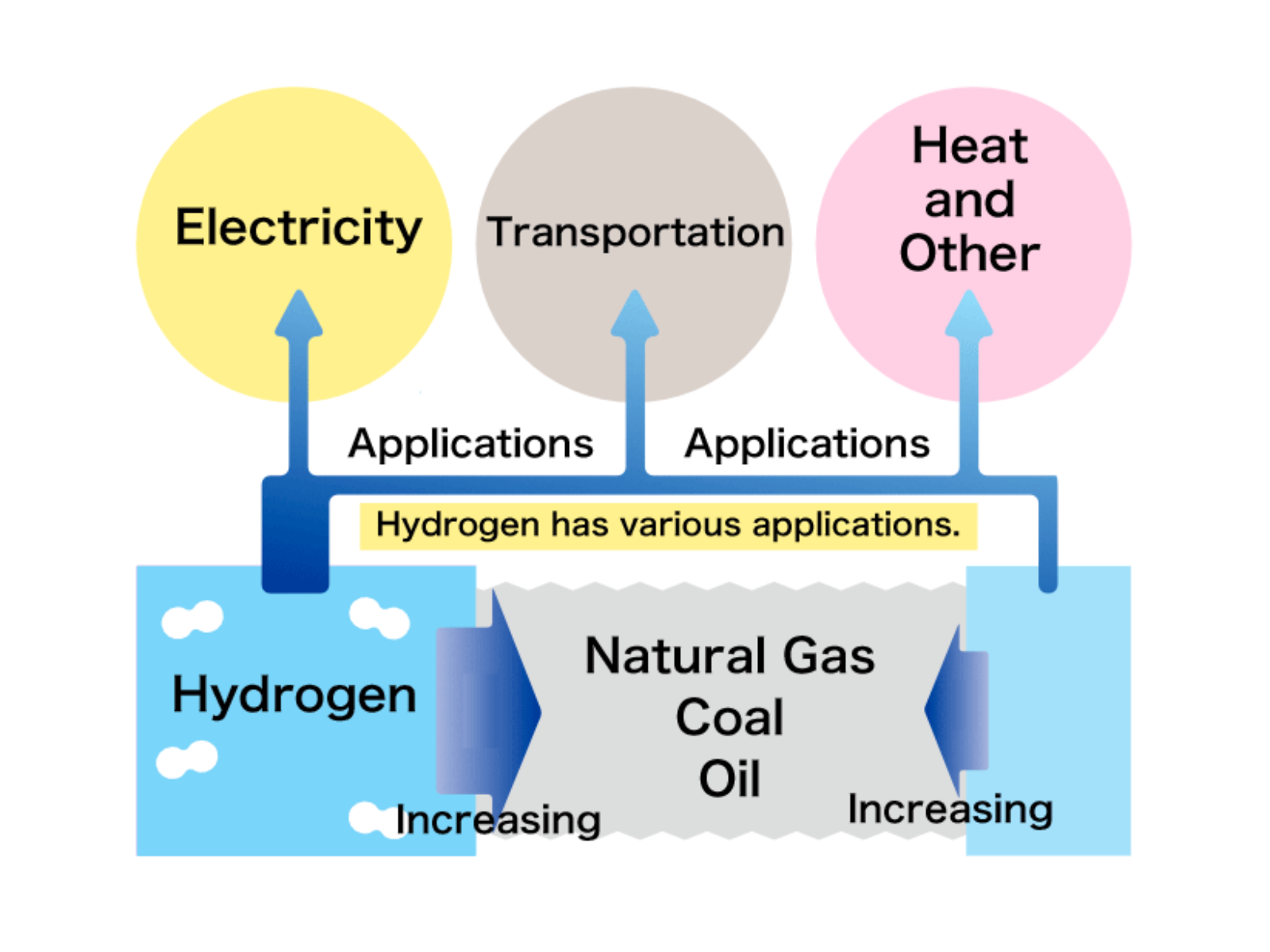Reason
– Why Hydrogen? –
Hydrogen has many benefits
Tackling
– Plant Features –
Bioenergy and Waste-to-Energy
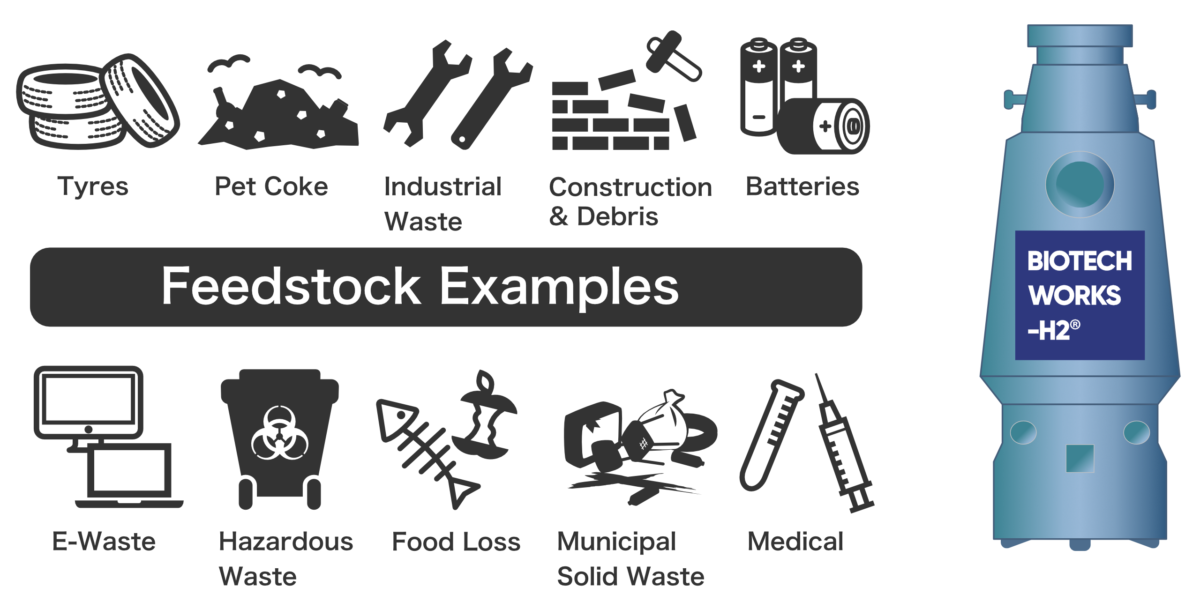
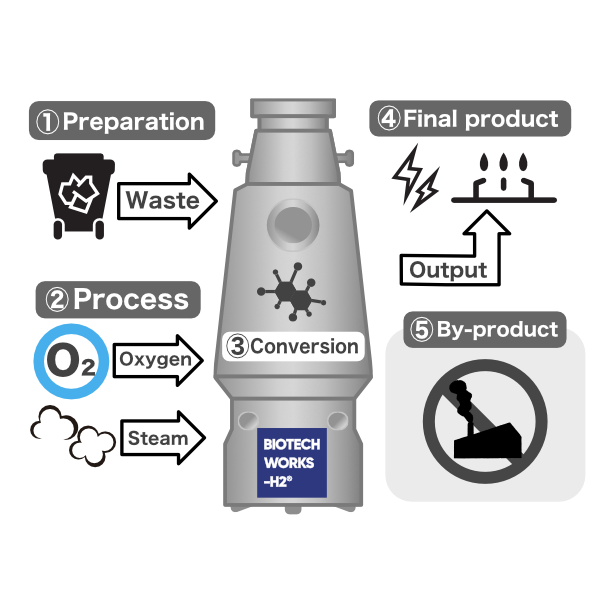
Profitability
– Economic Growth –
Sustainability and profitability can co-exist
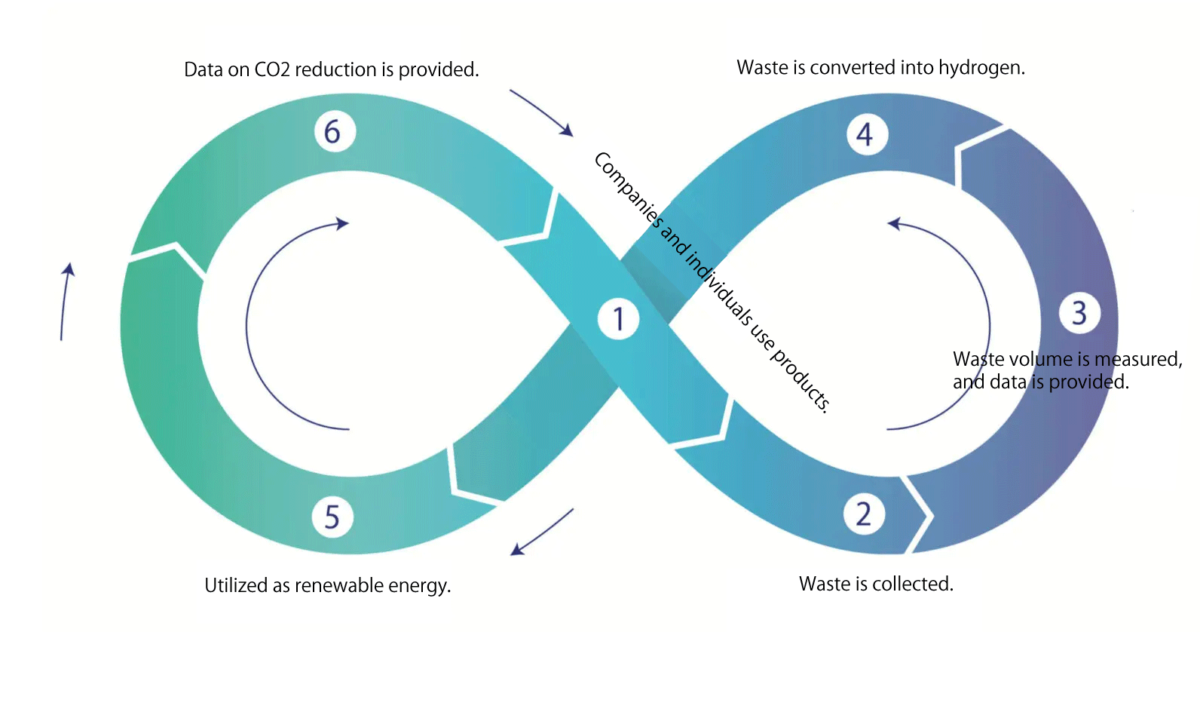
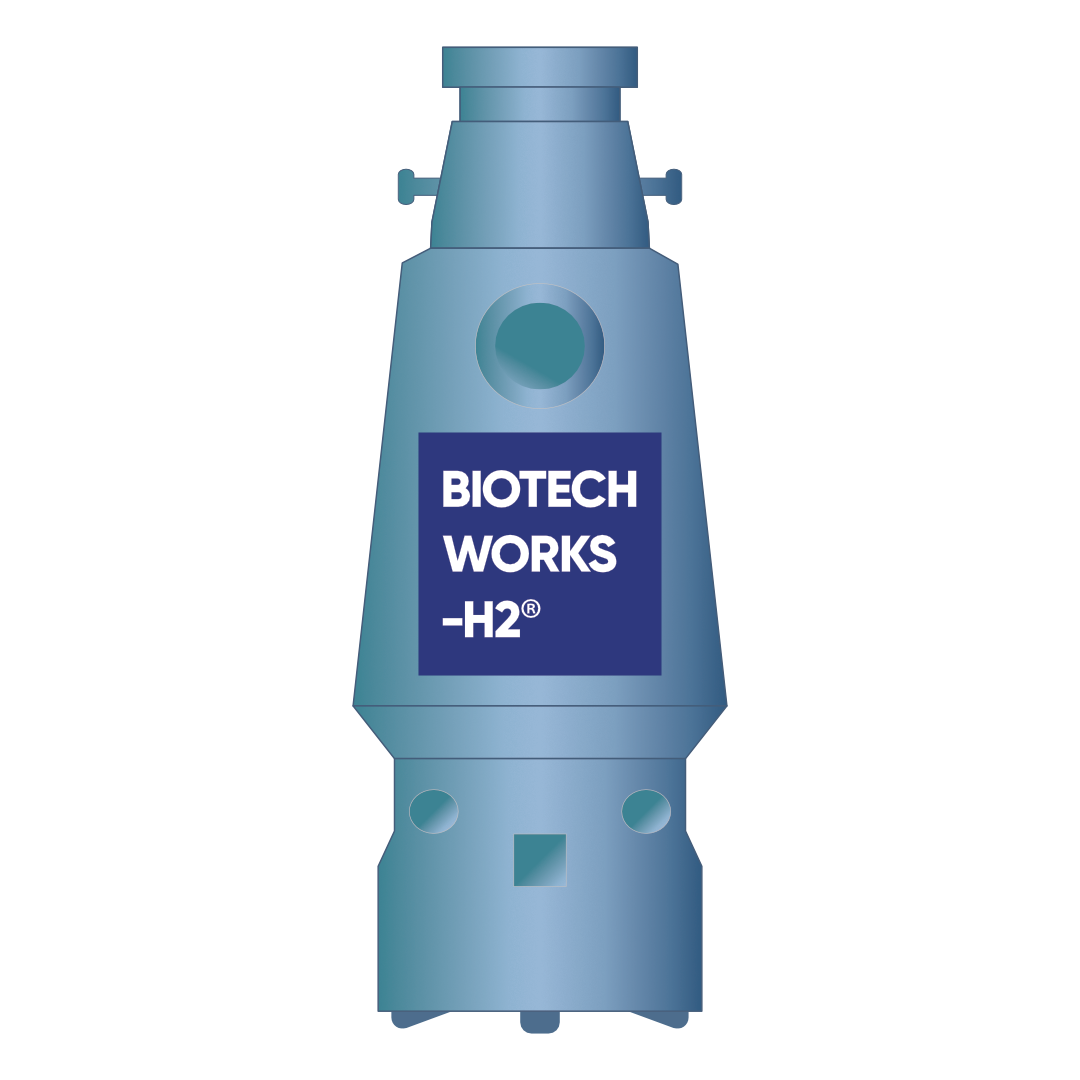
About Us
– What We Are –
We are pleased to announce that our CEO, Mr. Nishikawa, has been selected for the “CEO HORIZON: Exploring Future Business Icons” section in the April 20, 2025 special issue of TIME magazine featuring “TIME 100: The World’s Most Influential People”!
This special feature introduces 100 outstanding individuals with global influence. Our CEO was recognized for demonstrating unique leadership during a transformative period in the business world and for bringing new value to the industry. https://time.com/ May 2025

Clients We’ve Worked With










